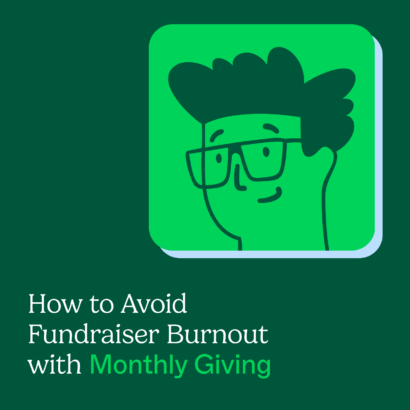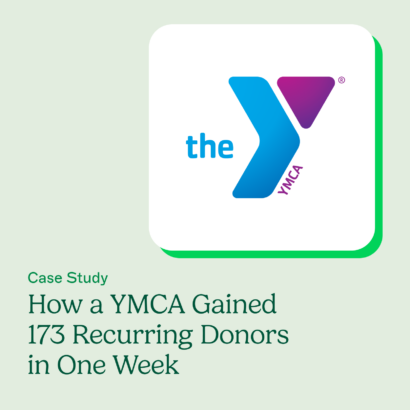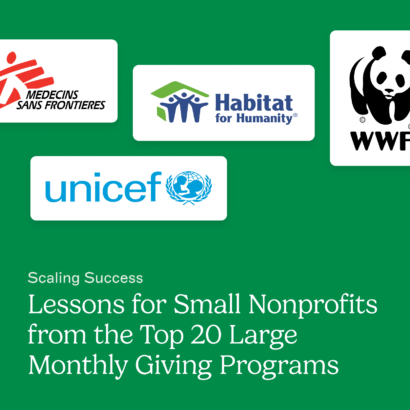As the behemoth social media platform, Facebook has a lot of options for getting the word out about your nonprofit—including raising funds directly through the platform itself. And while you can raise funds for nonprofits and personal causes through Facebook Fundraisers there are specifics to note about payouts, fees and donor information.
Here are 5 things you should know before setting up a Facebook fundraiser.
1. Getting approved may take awhile
There are specific criteria to get set up and approved as a charitable organization on Facebook. Sometimes this can be a lengthy process and not one that small to mid-sized nonprofits have time for.
2. Personal help is few and far between
Facebook is notorious for sending messages of approvals or rejections without a way to contact the platform directly for help or answers to your questions. This means you can be at the mercy of the speed at which Facebook runs its approvals or may become frustrated with the lack of customer service.
3. There’s only so much you can customize
Facebook does send confirmation receipts to donors with your name, logo, mission statement and EIN. You cannot provide much for customization beyond that. No thank you letter from your executive director. No impactful thank-you message. No opportunity to list your next event or ask them to connect with you on additional social media channels.
4. Your funds will be tied up for awhile
When you create a fundraiser on Facebook, you are beholden to the payout calendar and process set forth by Facebook. Network for Good is Facebook’s default payout organization and your funds may take up to 75 days to hit your account. While there are no processing fees for 501c(3)s in good standing with the IRS through this process, most nonprofits can’t wait that long once a fundraiser has wrapped to see the dollars.
5. You may not get all of your donor data
Facebook account information by individual users is at-will; in other words, if they don’t want to provide their location or email address, they don’t have to. For nonprofits, this can be frustrating on many levels—you may never be able to contact those donors again without their email address and it doesn’t make recurring gifts a possibility.
So, what’s the alternative?
You can still rely on some of the general benefits of Facebook while keeping your fundraiser on your website or giving platform. Our suggestion? Run a peer-to-peer giving campaign on your own and make a splash about it on Facebook (and all of the other social media platforms where you are active as well). This way, you own all of the data (and funds) from the start of your campaign and you can encourage donors to talk about it online in fun and unique ways.
This way, when you are in control of the campaign, you…
1. Are in control of your own approval processes
Your campaign can launch as soon as you say so. Get your landing pages ready, craft your messaging and you’re off to the races.
2. Can rely on your teammates and partners for support
If you run into issues, have problems with payment processing or can’t quite figure out how to get the donation page to sync to your CRM, chances are you can call the right person for a quick chat and resolution to fix the problem. You know the people and the roles they play in your campaign.
3. Can customize until your heart is content
When someone donations through a P2P giving campaign you can provide customized language for thank-you follow-ups, shareable content for social media, automated emails and custom video messaging.
4. Receive the funds in real-time, direct to your bank account
This is huge for most nonprofits. And, most donors expect that if they make a donation to you that you are receiving that donation at the time they make it.
5. Get all the donor data that you want
When someone donates through P2P giving, you’re in control of the forms and data fields that are required. If you want emails, mailing addresses and a Twitter handle, for example, you can ask for those things.
None of this is to say that Facebook isn’t a viable option for spreading the good news about your nonprofit; social media is a great way to let others know about your good cause. Be mindful of the parameters around what you want to do on these channels and use that information prior to kicking off your next fundraising campaign.



